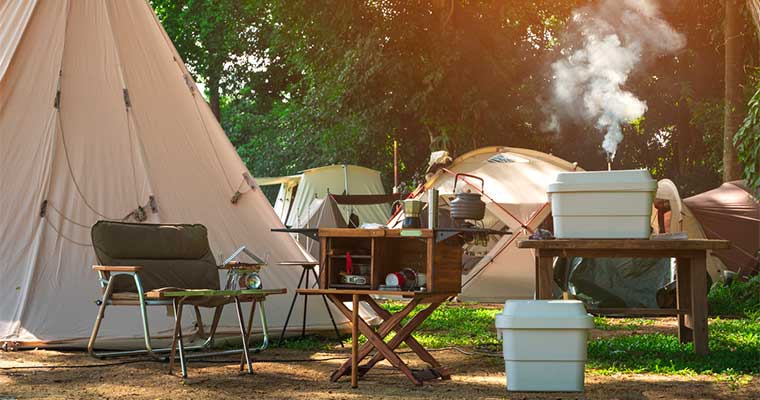Absolutely, whether you’re a beginner or a seasoned pro, having the right gear can significantly enhance your hiking experience. Here’s a comprehensive hiking gear guide suitable for both beginners and experienced hikers:
Essential Gear for Hiking:
- Backpack: Choose a comfortable, properly fitted backpack with ample space for your gear. Look for 20-30 liters for day hikes and 50-70 liters for multi-day treks.
- Footwear: Invest in high-quality, comfortable hiking boots or trail shoes. Beginners should ensure they’re broken in before longer hikes.
- Clothing: Wear moisture-wicking and quick-drying materials. Layer clothing for temperature changes. Consider a moisture-wicking base layer, insulating mid-layer, and weather-resistant outer layer.
- Navigation Tools: Carry a map, compass, or GPS device. Beginners should have a basic understanding of navigation.
- Illumination: Pack a headlamp or flashlight with extra batteries, even for day hikes. Pros might consider more advanced lighting options.
- First Aid Kit: Essential for treating minor injuries and providing first response in emergencies.
- Food and Water: Carry sufficient water and energy-rich snacks for the duration of the hike. Pros should also consider water filtration systems for longer treks.
- Sun Protection: Bring a hat, sunscreen, sunglasses, and clothing with UPF protection.
For More Experienced Hikers:
- Trekking Poles: Assist in balance, reduce impact on joints, and provide stability, especially on rough terrain.
- Emergency Gear: Carry emergency items like a whistle, signal mirror, fire starter, and emergency blanket for unforeseen situations.
- Shelter: For longer treks, consider lightweight tents, bivvy sacks, or emergency shelters.
- Cooking Gear: Multi-day hikers should have a lightweight stove, cookware, and utensils for meal preparation.
- Hydration System: For longer treks, consider hydration bladders or more advanced water filtration systems.
- Repair Kit and Tools: Carry essentials for fixing gear on the go, such as duct tape, a multi-tool, and basic repair supplies.
Other Considerations:
- Seasonal and Location Considerations: Adapt gear according to the specific trail, weather conditions, and altitude.
- Personal Comfort Items: For longer treks, bring items like blister care, trekking socks, and comfortable insoles.
- Emergency Communication: Consider GPS tracking devices or emergency beacons for remote areas.
Tips for Beginners:
- Start Small: Begin with shorter, easier hikes and gradually progress to longer and more challenging trails.
- Proper Preparation: Plan your route, pack essentials, and research the trail beforehand.
Tips for Pros:
- Challenge Yourself Safely: Explore new trails and push your limits, but always prioritize safety and proper gear.
- Skill Refinement: Hone your navigation, survival, and outdoor skills to become more self-reliant on the trail.
Both beginners and pros can benefit from having the right gear, but the level of complexity and specialization might vary based on experience and the nature of the hike. Adjust your gear list according to your level of expertise and the specific demands of the trail.

